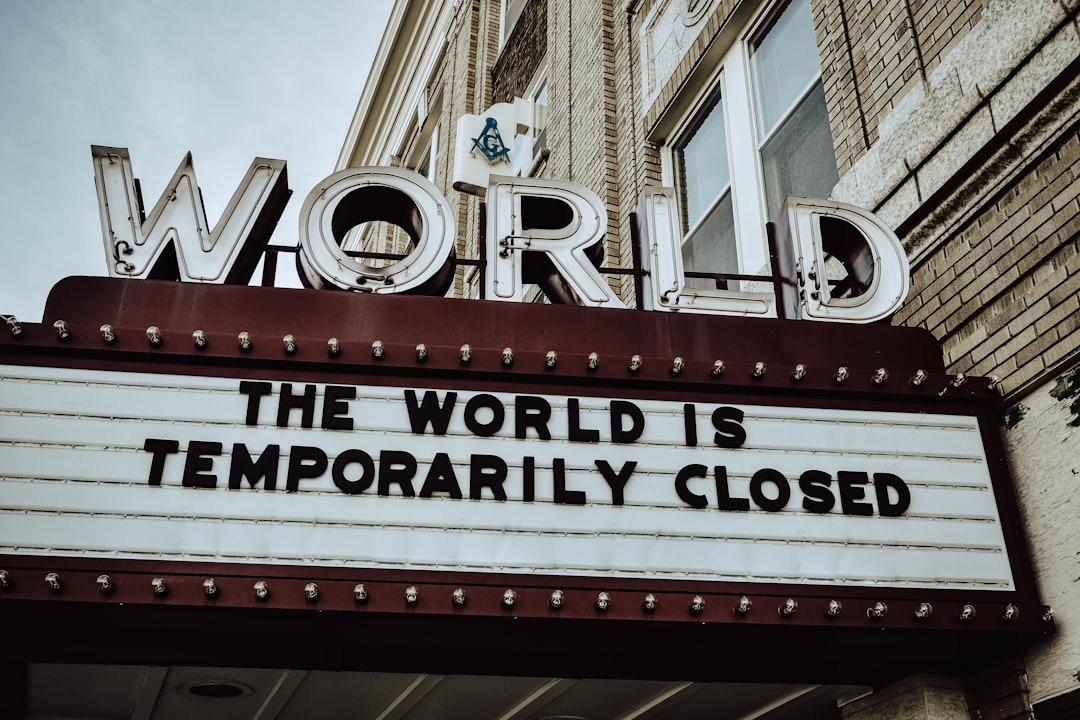
Somehow it’s been four years since the Covid pandemic was declared a national emergency in the US. Since then, more than a million Americans have died; many millions more have died across the globe. Many more got sick; some still have not fully recovered. March 2020 feels both like yesterday and like a million years ago. To me, it feels like at least two years are just… lost. A black hole.
One thing Americans have not done is grapple with what happened: Why our Covid death toll was so high; why the downstream impacts (learning loss, many kids still not back in school, violence, instability, mental health declines) have been so far-reaching; what we got right and what we got wrong; where we put the collective fear and anxiety and grief that shaped so many of our lives; why so few of us are capable of admitting that maybe we made some missteps.
Below are some of the lessons I’ve learned over the past four years. I’m curious what you would add.
“Follow the science” is not as clear-cut as we’d like it to be. During the Covid pandemic — and now, still — I hear (mostly) liberals argue that the answer to most problems is to follow the science. And I agree! Except that during a novel pandemic, the science can be muddled, unclear, evolving, and contested. There was not a single answer that “the science” pointed to when it came to, say, balancing the physical health risks of Covid with the vast social risks of mass isolation. There were not clear or immediate answers, in those earliest days, to a number of crucial questions. But once a particular message got out, it was very hard to walk it back, even when the scientific consensus changed. When it comes to emerging issues and ongoing questions, one big lesson we should learn is that we need to adjust and re-adjust as the information does, and try to avoid getting stuck in our initial assumptions and reactions.
Keep reading with a 7-day free trial
Subscribe to Jill Filipovic to keep reading this post and get 7 days of free access to the full post archives.

